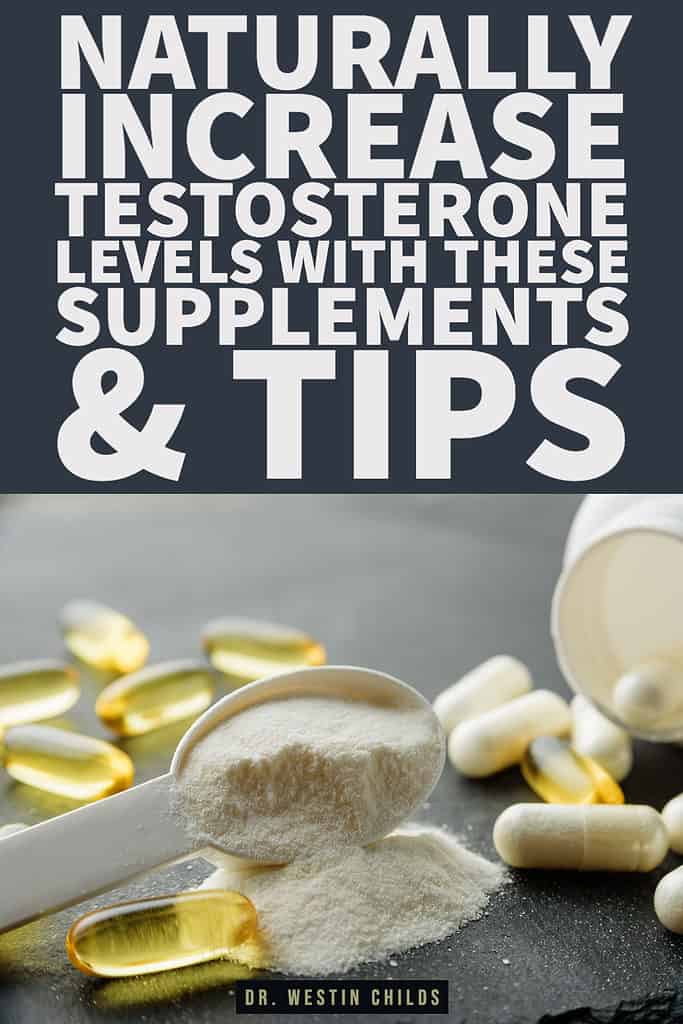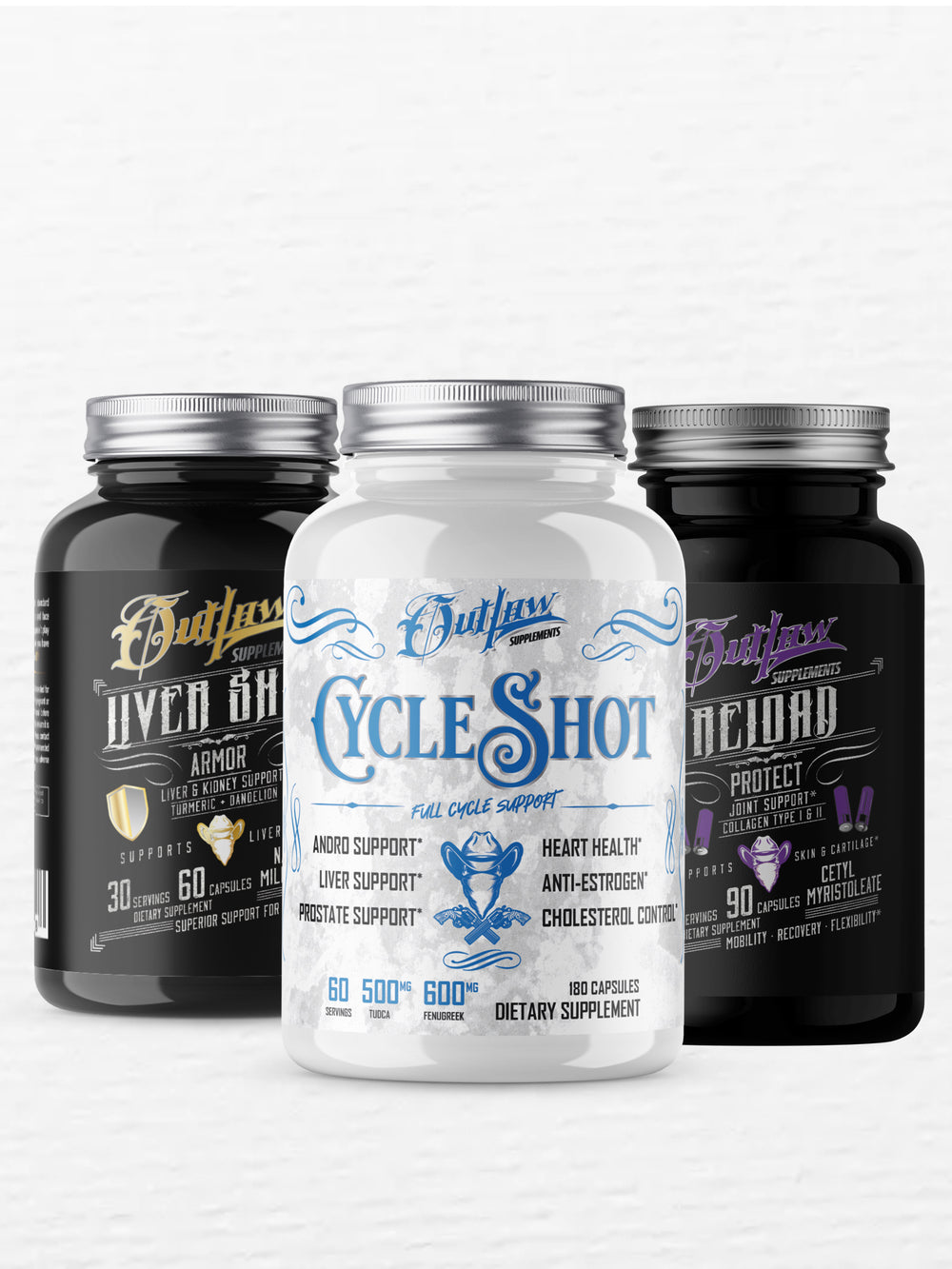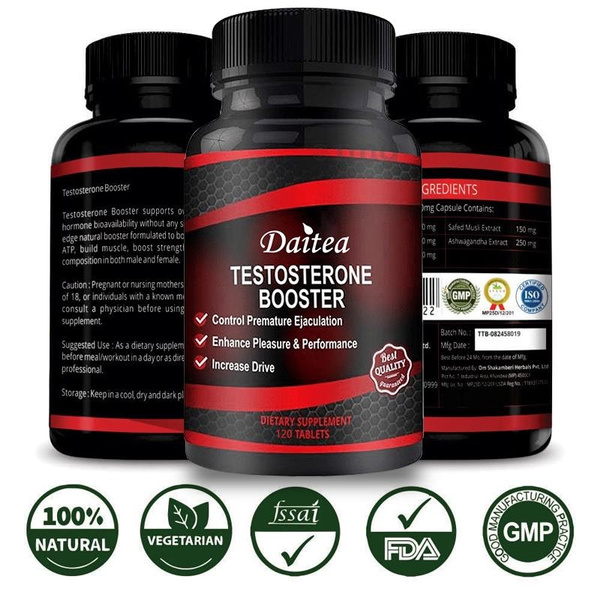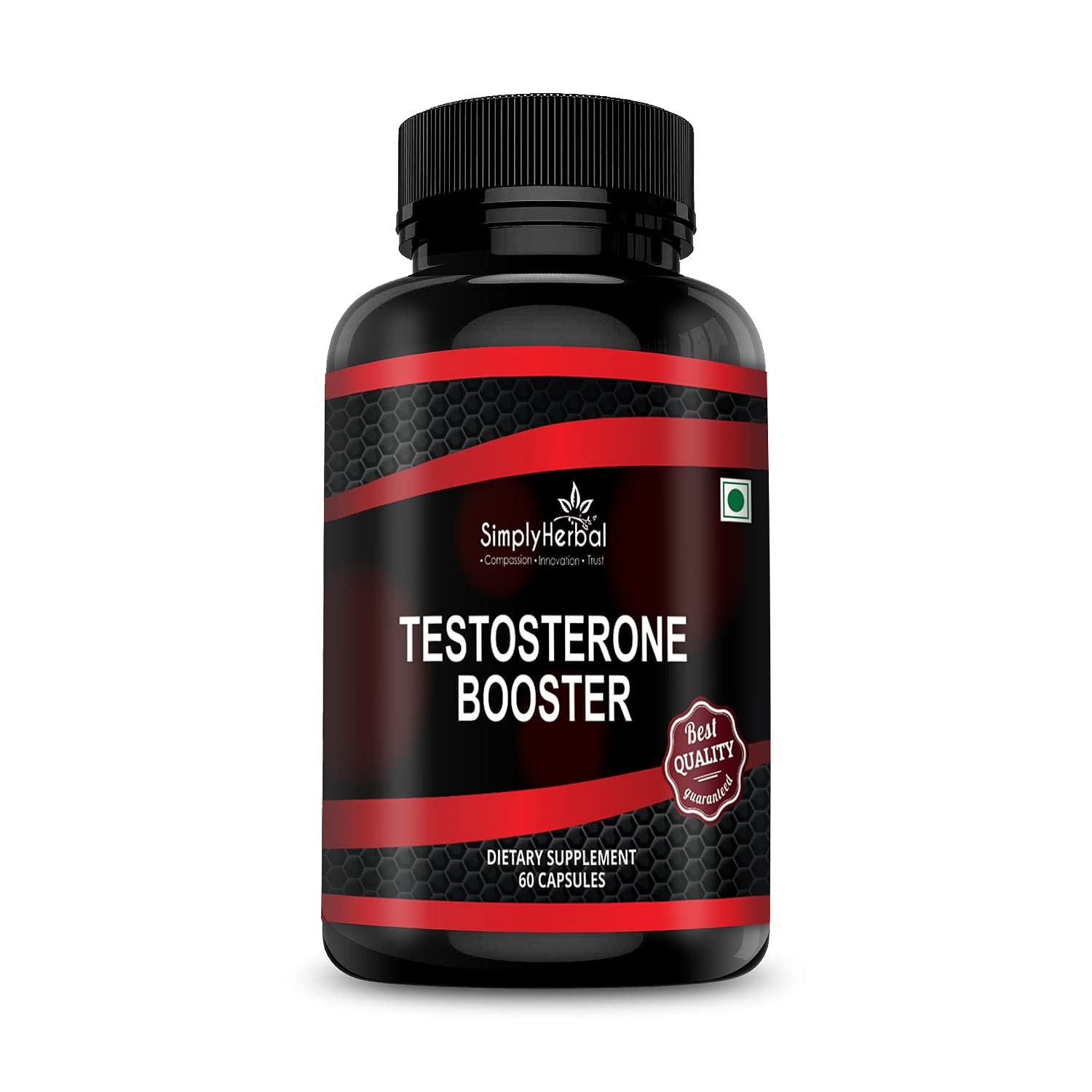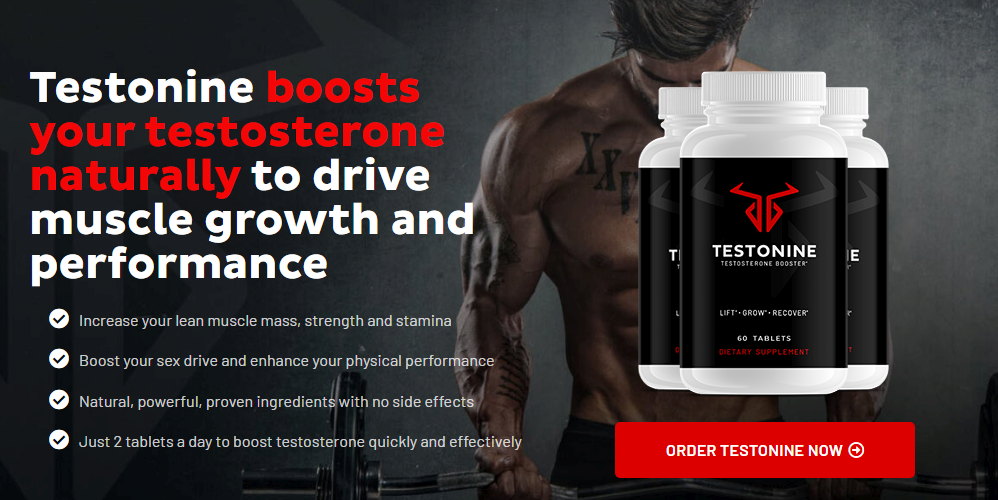Supplements To Take While On Testosterone Cycle

The use of exogenous testosterone, often through cycles, is a decision laden with potential benefits and significant risks. While many focus on the performance enhancements or physique changes, the often-overlooked aspect is mitigating the potential side effects and supporting overall health during and after a cycle. Supplementation, when strategically implemented, can play a crucial role in this endeavor, but navigating the landscape requires careful consideration and evidence-based choices.
This article delves into the world of supplements that are often considered during a testosterone cycle, examining their purported benefits and potential drawbacks. It aims to provide a balanced perspective, drawing from scientific literature and expert opinions to inform readers about responsible supplementation practices. The information presented is for informational purposes only and does not constitute medical advice. Consult with a qualified healthcare professional before starting any new supplement regimen, especially when using exogenous hormones.
Understanding the Needs of a Body on a Testosterone Cycle
A testosterone cycle significantly alters the body's hormonal environment. This shift can lead to various physiological changes, some desirable, others less so. Supplementation aims to address these changes, supporting organ function, managing estrogen levels, and maintaining overall well-being.
Key areas to consider include liver health, cardiovascular health, prostate health, and estrogen management. Each of these areas can be affected by supraphysiological testosterone levels, warranting specific supplementation strategies.
Liver Support
The liver plays a critical role in metabolizing testosterone and other hormones. The increased workload during a cycle can potentially stress the liver, making liver support supplements a common consideration. Silymarin (milk thistle) is a popular choice, believed to possess antioxidant and anti-inflammatory properties that can protect liver cells.
Studies suggest that Silymarin may help reduce liver enzyme levels, indicating improved liver function. However, more research is needed to definitively establish its efficacy in the context of testosterone cycles. Other liver support supplements include TUDCA (tauroursodeoxycholic acid) and NAC (N-acetylcysteine), both showing promise in preclinical studies for liver health.
Cardiovascular Health
Testosterone cycles can negatively impact cardiovascular health by affecting cholesterol levels and blood pressure. Maintaining healthy lipid profiles and blood pressure is crucial during this time. Omega-3 fatty acids, found in fish oil, are known for their cardioprotective benefits.
Omega-3s can help lower triglycerides and improve the ratio of HDL (good) to LDL (bad) cholesterol. Some individuals may also consider CoQ10 (coenzyme Q10) for its antioxidant and potential blood pressure-lowering effects. Regular monitoring of blood pressure and cholesterol is essential.
Prostate Health
The prostate gland is sensitive to hormonal changes, particularly increases in dihydrotestosterone (DHT), a metabolite of testosterone. An enlarged prostate (benign prostatic hyperplasia or BPH) is a potential concern. Supplements like saw palmetto are often used to support prostate health.
Saw palmetto is believed to inhibit the conversion of testosterone to DHT. However, scientific evidence supporting its effectiveness in preventing or treating BPH is mixed. It's crucial to consult with a healthcare professional before using saw palmetto, as it may interact with other medications.
Estrogen Management
Testosterone can aromatize into estrogen, potentially leading to estrogen-related side effects like gynecomastia (enlargement of breast tissue). Aromatase inhibitors (AIs) are pharmaceutical drugs that block the aromatase enzyme, reducing estrogen levels. These are usually prescribed by a doctor only.
While AIs are effective, they can also have their own side effects. Another strategy involves using selective estrogen receptor modulators (SERMs) like tamoxifen or clomiphene, which block estrogen's effects in certain tissues, such as the breast. These options are also only prescribed by a doctor.
Beyond the Basics: Additional Considerations
Beyond the core areas of liver, cardiovascular, and prostate health, other supplements may be considered based on individual needs. These include joint support supplements like glucosamine and chondroitin, as well as vitamins and minerals to address potential deficiencies.
Creatine can also be considered. Creatine enhances muscle protein synthesis and provides energy for high-intensity exercise, potentially accelerating gains in muscle mass and strength during a testosterone cycle. However, maintaining adequate hydration is crucial when using creatine, as it can draw water into muscle cells.
The Importance of Blood Work and Professional Guidance
Blood work is an indispensable tool for monitoring the effects of a testosterone cycle and assessing the effectiveness of supplementation strategies. Regular blood tests can track liver enzyme levels, cholesterol profiles, hormone levels, and other key markers of health.
The information gained from blood work allows for personalized adjustments to supplementation protocols. Consulting with a qualified healthcare professional, such as an endocrinologist or a physician experienced in hormone optimization, is crucial. They can provide personalized recommendations based on your individual health status and goals.
A Word of Caution: Potential Risks and Interactions
It's essential to acknowledge that supplements are not without risks. Some supplements can interact with medications or exacerbate existing health conditions. High doses of certain vitamins and minerals can also have adverse effects.
Always research supplements thoroughly and choose products from reputable brands that undergo third-party testing for purity and potency. Be wary of exaggerated claims and unsubstantiated promises. The principle of "more is better" does not apply to supplementation; moderation and targeted use are key.
Looking Ahead: The Future of Supplementation in Hormone Optimization
The field of hormone optimization and supplementation is constantly evolving. Ongoing research is exploring the potential benefits of novel compounds and innovative delivery methods. As our understanding of the complex interplay between hormones, nutrients, and overall health deepens, we can expect to see more personalized and effective supplementation strategies emerge.
However, it's important to approach new developments with a critical eye. Rigorous scientific validation is essential before adopting any new supplement regimen. Ultimately, responsible supplementation, guided by evidence and professional advice, can play a valuable role in supporting health and mitigating the potential risks associated with testosterone cycles.

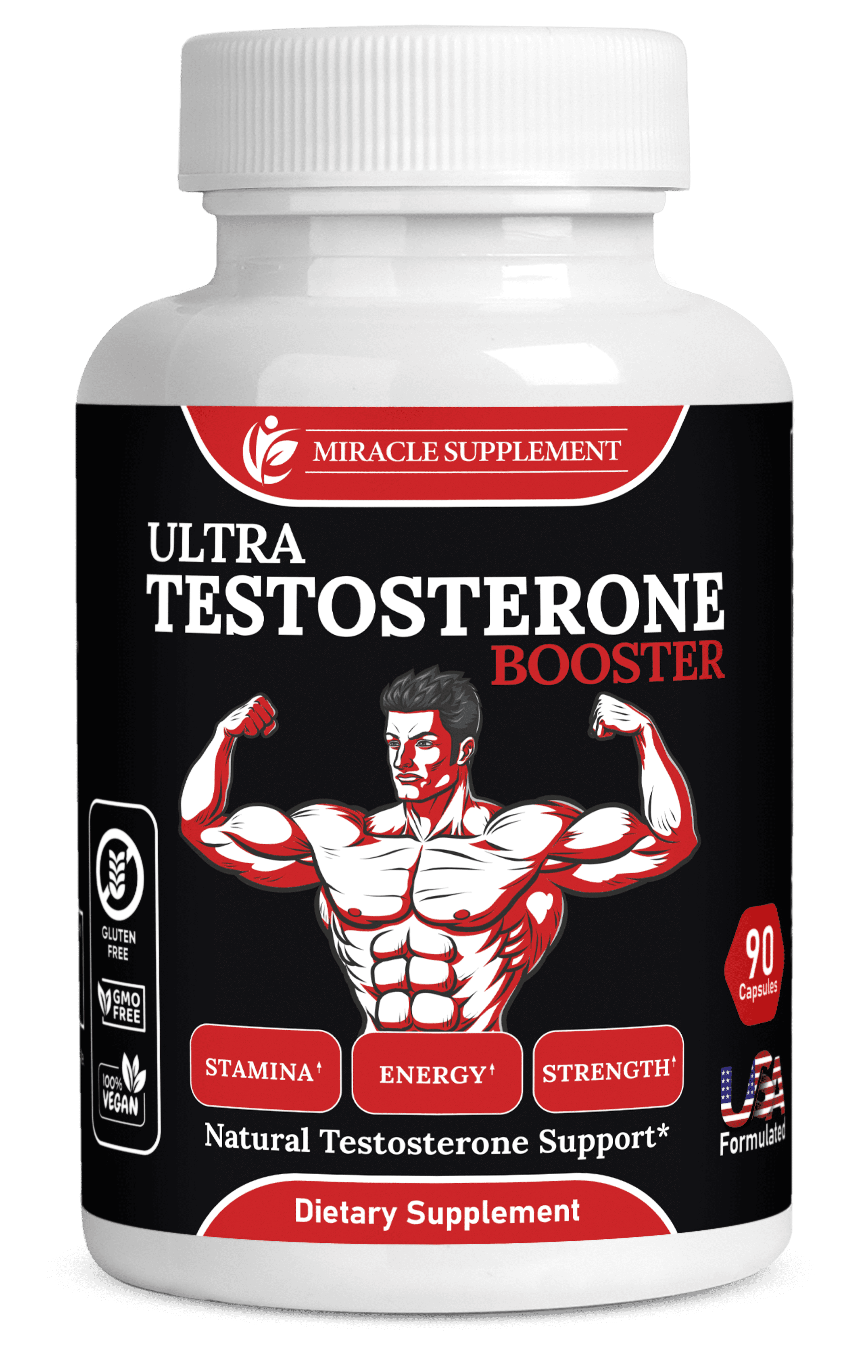
![Supplements To Take While On Testosterone Cycle 6 Best Vitamins to Help Boost Testosterone [2024 Update] – Great Green Wall](https://www.greatgreenwall.org/wp-content/uploads/2023/06/6-Best-Vitamins-to-Help-Boost-Testosterone-1-1024x576.jpg)





